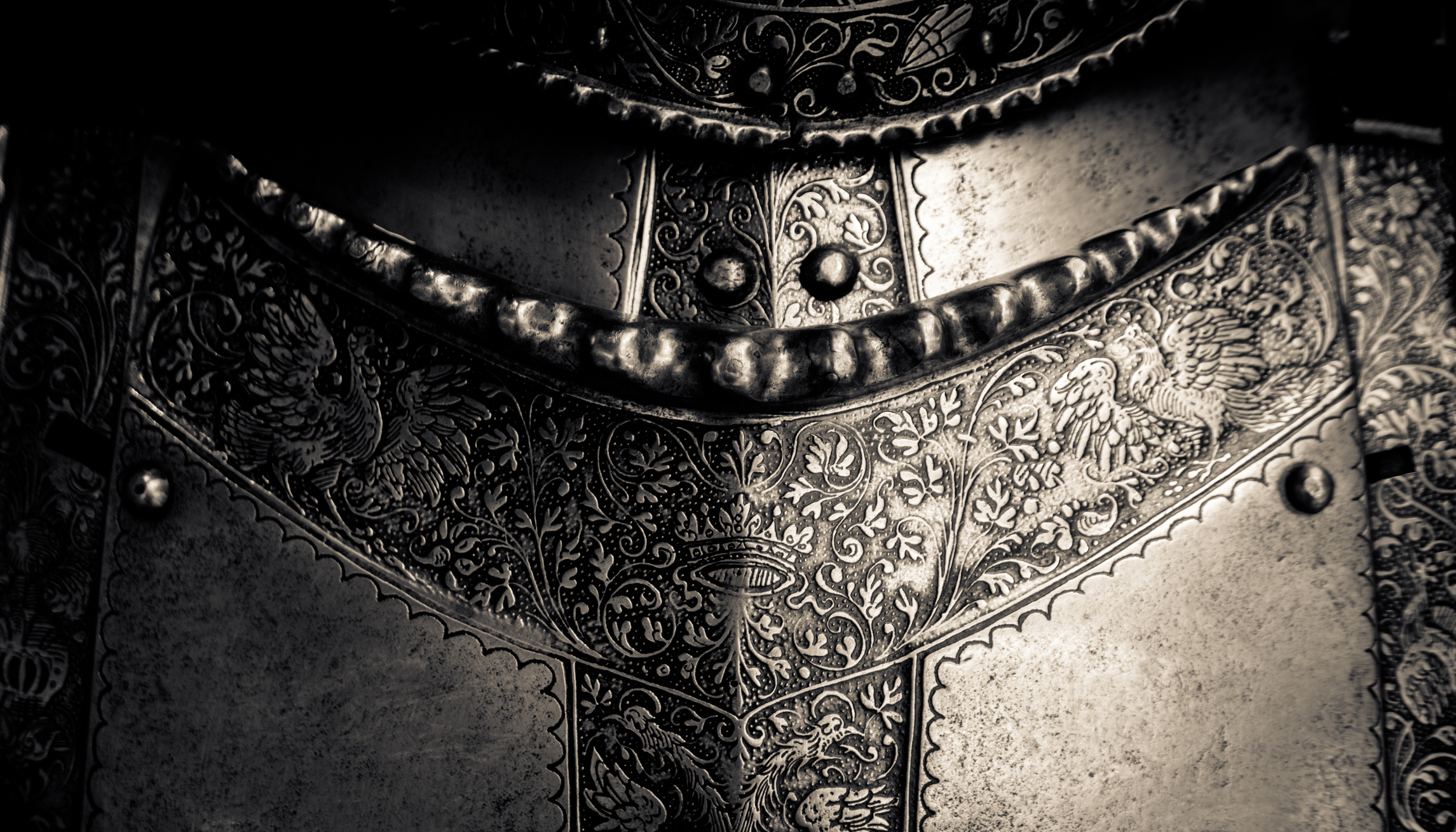We all struggle with who we are in Christ. God has given us so many stories in the Bible to help us grasp what that looks like. None are more potent than this story from 2 Samuel.
Now David said, “Is there still anyone who is left of the house of Saul, that I may show him kindness for Jonathan’s sake?”
And there was a servant of the house of Saul whose name was Ziba. So when they had called him to David, the king said to him, “Are you Ziba?”
He said, “At your service!”
Then the king said, “Is there not still someone of the house of Saul, to whom I may show the kindness of God?”
And Ziba said to the king, “There is still a son of Jonathan who is lame in his feet.”
So the king said to him, “Where is he?”
And Ziba said to the king, “Indeed he is in the house of Machir the son of Ammiel, in Lo Debar.”
Then King David sent and brought him out of the house of Machir the son of Ammiel, from Lo Debar.
Now when Mephibosheth the son of Jonathan, the son of Saul, had come to David, he fell on his face and prostrated himself. Then David said, “Mephibosheth?”
And he answered, “Here is your servant!”
So David said to him, “Do not fear, for I will surely show you kindness for Jonathan your father’s sake, and will restore to you all the land of Saul your grandfather; and you shall eat bread at my table continually.”
Then he bowed himself, and said, “What is your servant, that you should look upon such a dead dog as I?”
And the king called to Ziba, Saul’s servant, and said to him, “I have given to your master’s son all that belonged to Saul and to all his house. You therefore, and your sons and your servants, shall work the land for him, and you shall bring in the harvest, that your master’s son may have food to eat. But Mephibosheth your master’s son shall eat bread at my table always.” Now Ziba had fifteen sons and twenty servants.
Then Ziba said to the king, “According to all that my lord the king has commanded his servant, so will your servant do.”
“As for Mephibosheth,” said the king, “he shall eat at my table like one of the king’s sons.” Mephibosheth had a young son whose name was Micha. And all who dwelt in the house of Ziba were servants of Mephibosheth. So Mephibosheth dwelt in Jerusalem, for he ate continually at the king’s table. And he was lame in both his feet (2 Samuel 9:1-13)
David hoped to find someone of Jonathan’s house that he could show love and care for because he had loved and cared for Jonathan. Just like God loves us because of Jesus, David wanted to show someone love because of Jonathan. Jonathan’s relative, one of his own son’s, Mephibosheth, was still alive, but in hiding. He had been cast aside, determined to be unworthy of anyone’s time. When he called for Mephibosheth, David was told Jonathan’s son was lame and to be disregarded. David ignored the label, searched for, and found Mephibosheth in a place of deep pain and dysfunction—a place called Machar. In Hebrew, Machar means “to sell merchandise, to sell slaves.” Mephibosheth had been left for dead and lived in an area where slaves were sold. David went into that place and pulled Mephibosheth out of it. This young man was taken from a site of slavery, a position he had been left after someone that should have taken care of him dropped him. A nurse in charge of his life tripped, saved herself, and damaged Mephibosheth for the time being.
The worst hurt comes when someone who should’ve carried us, cared for us, loved us without condition didn’t. They dropped us. Mephibosheth was broken because of someone else’s mistake—and many of us are as well.
But David’s desire to fulfill his covenant with Jonathan motivated him to find Mephibosheth and bring him into the palace, where a prince lives. David brought him out of something, into something. God doesn’t bring us out of things to then leave us to our own devices. He brings us out to bring us into His kingdom, His love, His family, His new identity for us. David’s righteousness, love, and faith in God lifted Mephibosheth from the pit to the palace.
But even after Mephibosheth got to the palace, there was work to do. Mephibosheth still saw himself as a slave, as broken, as worthless. He had been in the wrong school for too long. David worked with the damaged life, gave Mephibosheth unconditional love and acceptance anyway.
God is working today, in our lives, in the same way. His covenant with Jesus Christ has propelled him out into the dark places of this world, searching for the broken, the hurt, the lost. He is calling those that have been through trauma and left for dead, to come into His palace, and to become conquerors, healers, overcomers. Even when we are still trapped in our pain, we are called and given a new identity. As we take on His righteousness and wear it, we will begin to see the things we ask the Father for being answered. Mephibosheth got back his inheritance. We will get back our heritage as well. Righteousness gives us access to get back what’s been stolen from us. And it puts us into a place of divine favor, where we are eating at the table of the King.

